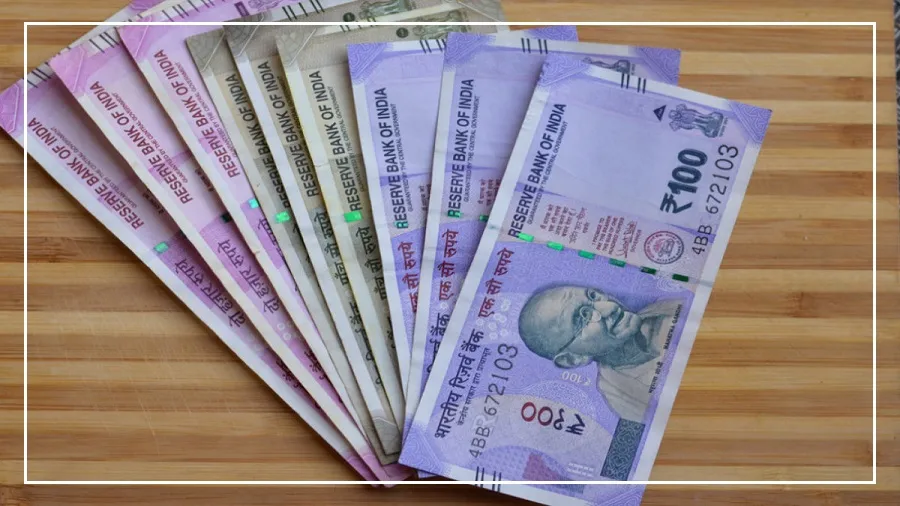In India, we often hear news about the Income Tax Department raiding someone’s home or office and recovering a large amount of cash or valuables.
Sometimes this cash is seized, and in serious cases, the person may even get arrested.
This leads to a common question: Is it illegal to keep large amounts of cash at home? And if not, how much is allowed?
What the Law Says About Keeping Cash at Home
According to tax and legal experts, there is no official limit set by the Income Tax Department on how much cash you can keep at home.
That means you’re allowed to keep any amount of cash—but the condition is that the money should come from a legal source.
It must also be mentioned in your Income Tax Return (ITR).
You Must Be Able to Explain the Source of Cash
As per Sections 68 to 69B of the Income Tax Act, any unexplained cash or assets are considered “undisclosed income.”
If you can’t clearly explain where the cash came from, it will be treated as such—and you could face heavy taxes and penalties.
Proper Records Are a Must
There is no law that directly states a limit on cash you can keep. However, if you have more cash than what seems reasonable, and cannot prove where it came from, it can raise suspicion.
During an investigation, you must be able to show proof for every rupee—that it is legitimate and properly recorded in your tax returns and financial records.
You Could Be Taxed Up to 78%
If you fail to give a proper explanation for the cash, and cannot prove its source, it will be treated as undisclosed income.
In such cases, up to 78% of the amount can be charged as tax and penalty.
Important Advice for Taxpayers and Citizens
If you’re a businessperson, make sure your cashbook matches your account statements.
Even if you’re not in business, it’s important to be able to show where your cash came from.
So, there is no need to fear keeping cash at home—just ensure it is honestly earned and fully accounted for.

























